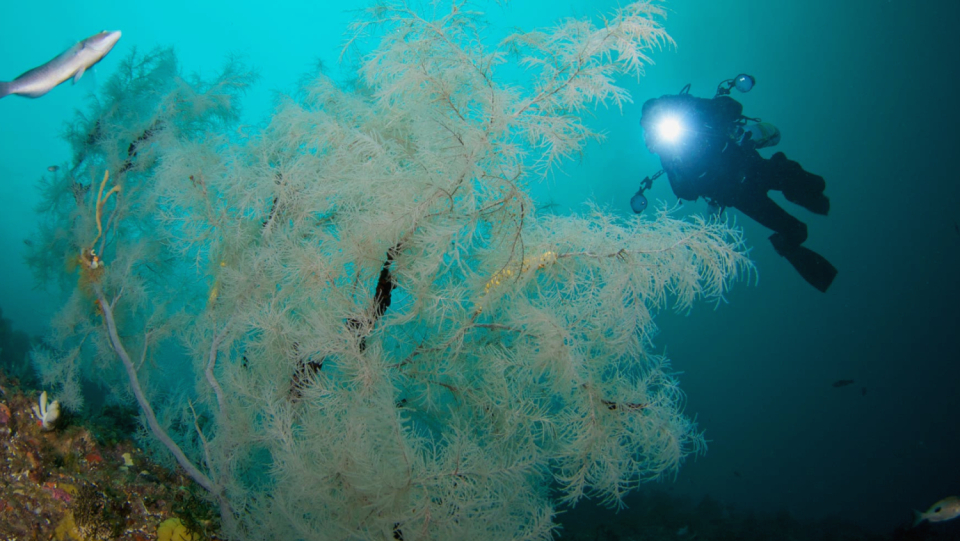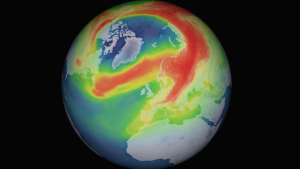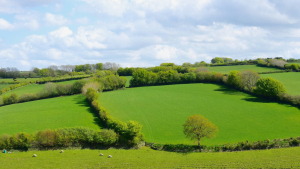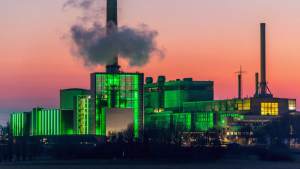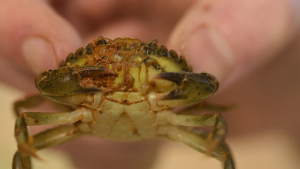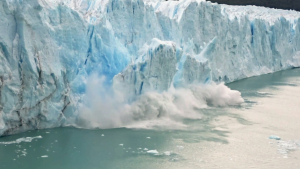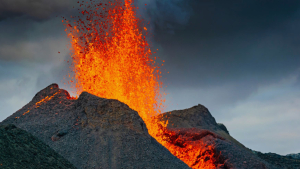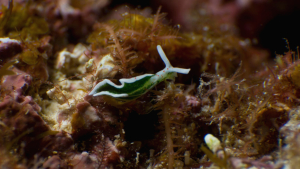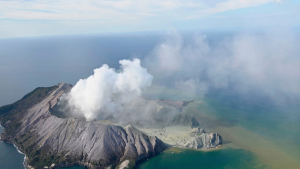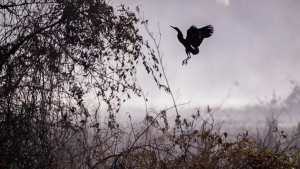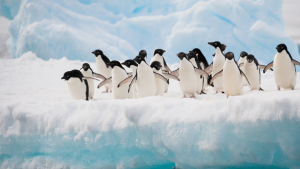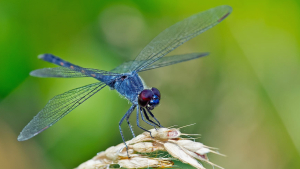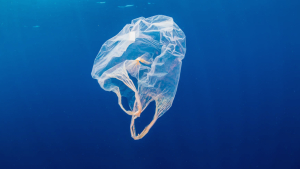For the first time since the beginning of systematic observations, an extensive mass bleaching of sponges occurs in the New Zealand fjordland – a phenomenon that has been known so far mainly from overheated coral reefs. Up to 95 percent of all sponges are affected in some areas, scientists led by James Bell from the Victoria University of Wellington report in the "Guardian". This is probably due to an extreme heat wave in the Pacific on site: the average water temperatures in April were the highest in the region that have been measured so far. The length and intensity of the heat wave off the southwest coast of the South Island exceeds that of all events for at least 40 years.
Usually the particularly affected sponges are deep chocolate brown, but now the diving scientists mostly find white, faded copies. "Such damage has never been observed in New Zealand, and there were also only a few reports of such incidents in cold waters internationally," said Bell. Estimates of the working group are based on hundreds of thousands of those affected. Similar reports on sponge bleaching are also available from the Tasmanian coast, says Bell.
So far, sponges have been considered relatively robust sea creatures, the more tolerant compared to changes in the ocean than corals. But that could change. “This makes it clear what kind of climate crisis we are dealing with. There are so many species in New Zealand and we don't know what heat tolerance they have, ”Bell told Guardian.
It is unclear whether the sponges suffer directly from overheating or whether the extraordinary temperatures make the animals more susceptible to illness due to increased stress. It is also questionable whether and when the animals will be able to recover. Sponges are one of the key species in these marine ecosystems and build entire reefs.
In principle, the year 2022 seems to be bad for the habitats in the Australian and New Zealand waters. Another bleaching event is taking place nationwide on the Great Barrier Reef off the Australian east coast: it is the fourth in the last seven years.







